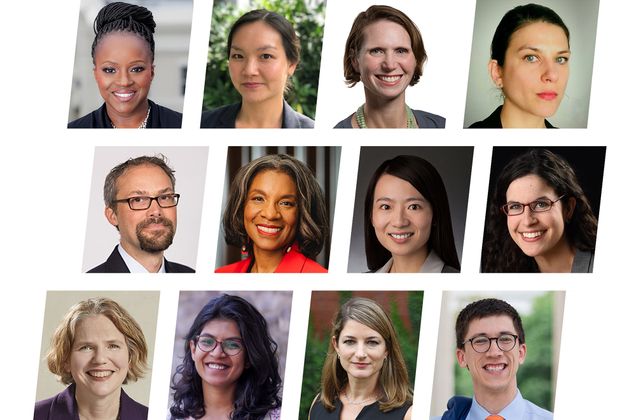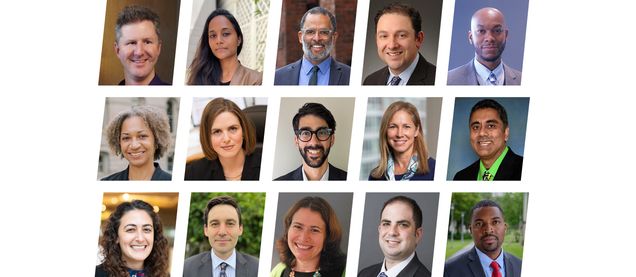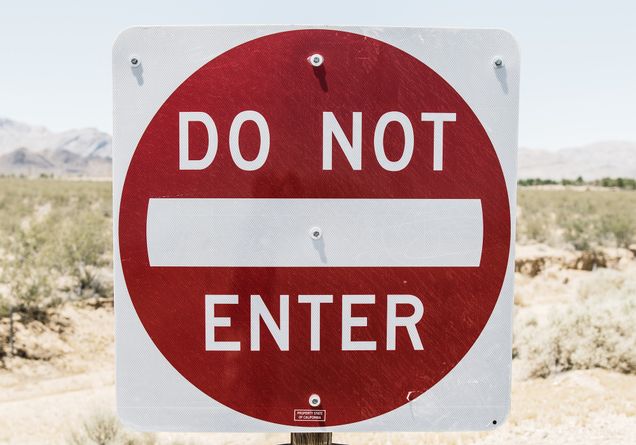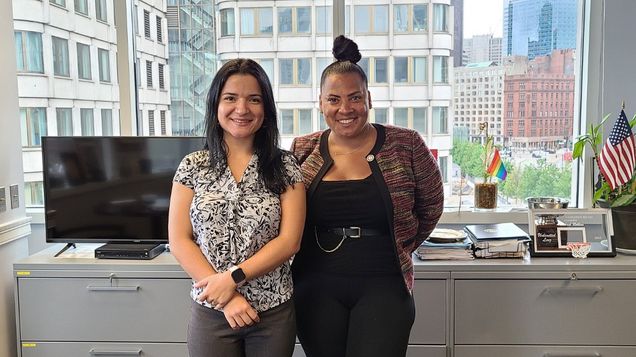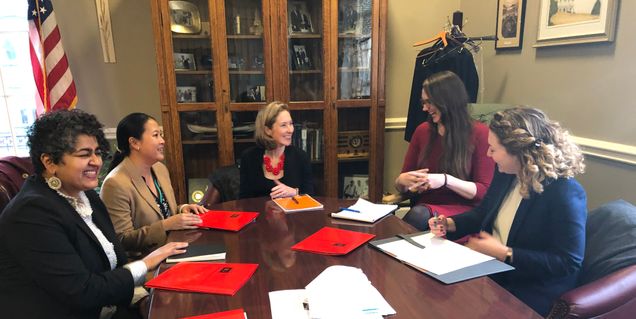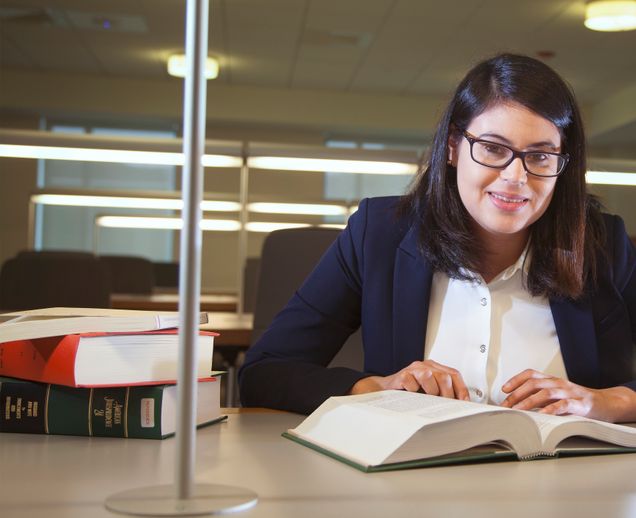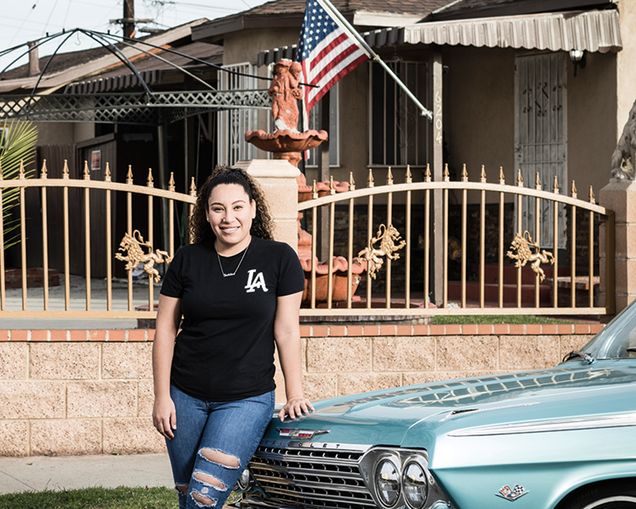The Boston University School of Law Immigrants’ Rights and Human Trafficking Program, launched in July 2017, combines BU Law’s nationally recognized Immigrants’ Rights Clinic and the Human Trafficking Clinic into an integrated, novel clinical program. In the only program of its kind nationally, students represent non-citizens facing deportation and survivors of human trafficking, persecution, and torture. Law students participate in a seminar led by experienced faculty that challenges them to consider the intersections between immigrants’ rights and human trafficking. In addition to providing pro bono legal representation, students work on systemic projects aimed at improving legal responses and providing new, creative models to address emerging challenges in the immigrants’ rights and human trafficking fields. Students elect to participate in one of two concentrations–immigrants’ rights or human trafficking—for a rich year-long experience. For more about us, read our FAQs below.
We warmly welcome all applicants and remind students that Boston University policy prohibits discrimination against any individual on the basis of race, color, religion, sex, age, national origin, physical or mental disability, sexual orientation, gender identity, genetic information, military service, pregnancy or pregnancy-related condition, or because of marital, parental, or veteran status, and acts in conformity with all applicable state and federal laws. This policy extends to academic programs, including School of Law’s Clinics, Practicums, and Externships. The Program works with students and BU’s Office of Disability & Access Services to arrange reasonable accommodations as appropriate.
Students Take the Following Courses
Human Trafficking Concentration
Fall
Immigrants' Rights - Human Traffic Clinic: LAW JD 859
3 credits
TH
FALL 2024: LAW JD 859 A1 , Sep 3rd to Dec 5th 2024
SPRG 2025: LAW JD 859 A1 , Jan 13th to Apr 23rd 2025
Immigrants' Rights/Human Traffic Course Skills: LAW JD 882
3 credits
TH
FALL 2024: LAW JD 882 A1 , Sep 3rd to Dec 5th 2024
Spring
Immigrants' Rights and Human Trafficking Clinic: Human Trafficking Advocacy: LAW JD 817
3 credits
TH
SPRG 2025: LAW JD 817 A1 , Jan 13th to Apr 23rd 2025
Immigrants' Rights - Human Traffic Clinic: LAW JD 859
3 credits
TH
FALL 2024: LAW JD 859 A1 , Sep 3rd to Dec 5th 2024
SPRG 2025: LAW JD 859 A1 , Jan 13th to Apr 23rd 2025
Immigrants’ Rights Concentration
Fall
Immigrants' Rights - Human Traffic Clinic: LAW JD 859
3 credits
TH
FALL 2024: LAW JD 859 A1 , Sep 3rd to Dec 5th 2024
SPRG 2025: LAW JD 859 A1 , Jan 13th to Apr 23rd 2025
Immigrants' Rights/Human Traffic Course Skills: LAW JD 882
3 credits
TH
FALL 2024: LAW JD 882 A1 , Sep 3rd to Dec 5th 2024
Spring
Immigrants' Rights - Human Traffic Clinic: LAW JD 859
3 credits
TH
FALL 2024: LAW JD 859 A1 , Sep 3rd to Dec 5th 2024
SPRG 2025: LAW JD 859 A1 , Jan 13th to Apr 23rd 2025
Immigrants' Rights/Human Traffic Clinic: LAW JD 888
3 credits
TH
SPRG 2025: LAW JD 888 A1 , Jan 13th to Apr 23rd 2025
Faculty
FAQ
Why should students participate in the Immigrants’ Rights and Human Trafficking Program?
The Program is a unique opportunity to gain important lawyering skills while providing critical pro bono representation to asylum seekers, survivors of trafficking, and survivors of abuse, persecution, and torture. The Program also provides students the chance to connect theory to practice by working on projects designed to improve systemic responses to migration and human trafficking. Students also learn critical skills, from client interviewing to narrative development to trial advocacy, from experienced faculty, and collaborate with one another through case rounds presentations and other opportunities.
What sort of legal work do students do in the Program?
Law students can participate in one of two rich concentrations, either the human trafficking or immigrants’ rights concentrations, in the program. Both concentrations provide the students with unparalleled opportunities to represent clients and engage in systemic advocacy. All Program students enroll in the same Fall seminar focusing on lawyering skills and the intersection between immigrants’ rights and human trafficking law. In the spring, the concentrations break out into specialized seminars to do a deep dive into their issue area and related skills.
Immigrants’ Rights Concentration: Students represent survivors of torture, trauma and persecution and asylum seekers defending against their deportation in the Boston Immigrant Court. These cases involve representing the client at a merits hearing to present their asylum case, conducting direct and cross examination, gathering evidence and expert testimony in support of the asylum claim, and drafting a brief to support the asylum claim. Students also engage in opportunities for more systemic advocacy, including amicus briefs, legislative advocacy, systems change projects and class action litigation.
Human Trafficking Concentration: Students represent survivors of sex and labor trafficking in a range of matters, including as victim-rights counsel, in their immigration matters, and petitions for post-conviction relief. These cases often include representing survivors of trafficking to report the human trafficking crime, engage in law enforcement or prosecutorial interviews, and as a victim-witness throughout the criminal prosecution. Students represent clients to pursue T visas as a victim of trafficking and other forms of immigration relief, including asylum, Special Immigrant Juvenile Status, and asylum, when eligible. Students also represent clients to seal, expunge, and/or vacate criminal matters related to their trafficking. Students also engage in opportunities for more systemic advocacy, including legislative advocacy, practice advisories, policy-related advocacy and research, and systems change projects.
How do I choose which concentration to enroll in?
You cannot go wrong when choosing a concentration. Both concentrations offer rich opportunities for growing your lawyering and advocacy skills. When you apply for the Program, you are asked to select a concentration or note that you have no preference. If you select no preference, the Faculty Members will place you in a concentration depending on the needs of the Program.
I am a 1L student, how can I get involved now?
The Program is always seeking volunteer interpreters to assist with client and case work. If you speak another language fluently and are interested in volunteering, please email Julie Dahlstrom at jadahl@bu.edu or Sarah Sherman-Stokes at sstokes@bu.edu. Otherwise, the Program often organizes short-term volunteer opportunities, including, for example, visits to local detention centers to conduct intakes with detainees and work permit clinics, and publicizes them through BU Law Student Services and student-run organizations.
I think this work is really cool. How can I support you?
We welcome your support! Please donate by clicking here and typing in that you want to donate to the “Immigrants’ Rights and Human Trafficking Program Fund.” These funds go directly to our program and help to support law students working with our clients. You can also contact Julie Dahlstrom at jadahl@bu.edu or Sarah Sherman-Stokes at sstokes@bu.edu if you have any questions about giving.
Recent Clinic Advocacy Work
Representing Victims of Human Trafficking in Massachusetts
This guide provides attorneys with a general overview of human trafficking law in Massachusetts in an effort to help attorneys identify victims of human trafficking and determine how to meet their legal and non-legal needs. It provides attorneys with a foundation concerning federal and state law and refers them to more comprehensive resources, where appropriate.
Advocating for Asylum Seekers
BU Law’s Immigrants’ Rights and Human Trafficking Program issued an impactful report in collaboration with the Dilley Pro Bono Project on procedural issues in credible fear interviews. Clinic students, under the supervision of Clinical Associate Professor Sarah Sherman-Stokes, reviewed more than 200 negative credible fear determinations and identified significant procedural problems that led to all of these asylum applicants being denied the chance to seek protection. The report offers recommendations to ensure that applicants are protected moving forward. This project would not have been possible without the incredible work of Javellys Polanco (’23), Evelyn Pacheco (’24), Lisbeth Valdez (’24), Bri Zhuang (’24) and clinic alum and Immigrant Justice Corp fellow, Kayla Walker (’21).
Advocating for Trafficking Survivors
The Immigrants’ Rights and Human Trafficking Program issued a report that uncovered challenges for survivors of trafficking in receiving T visas, a special form of immigration relief for trafficking survivors. Clinic students under supervision of Clinical Associate Professor Julie Dahlstrom obtained data through Freedom of Information Act (FOIA) litigation and engaged in a national survey of legal services providers. The report highlights how trafficking survivors encountered delays, increased requests for evidence, and denials under the Trump Administration. This project would not have been possible without the impactful work of Jordan Boyle (’24), Karen Clarke (’23), Emilia Cox, Stuti Das, Veronica Deckard, Andrew Markey, Roshni Parikh (’24), Sara Perkins, and Belem Sanchez (’23).
View Report
View Data




